When it comes to sending and receiving money online, trust is essential. That is why so many individuals and organizations rely on PayPal, a name that has become nearly synonymous with digital payments. PayPal is a popular finance platform for online shopping, small business management, and international transactions.
But here's the major question: 💡How does PayPal keep your money and personal information secure?
With cyber attacks becoming more sophisticated by the day, it is no longer enough to just have a secure password. It is about incorporating security into every layer of the system, from the app you use to paypal log in to the backend services that run in the background.
📌 What You’ll Learn in This Blog:
- How PayPal works as a digital wallet, and why security is important in fintech today?
- How PayPal integrates security directly into its system architecture?
- The key testing methods PayPal uses to keep its platform safe
- Why does PayPal collaborate with ethical hackers to identify issues
- How PayPal protects millions of users through real-time threat detection?
Introduction to PayPal
PayPal is a well-known name in fintech and digital payments. It began in 1998 as a simple online payment system and has since evolved into a worldwide financial network that serves over 200 markets and millions of customers. Whether you're making a personal payment, running a small business, or processing huge transactions, PayPal makes sending and receiving money simple, quick, and safe.
What distinguishes PayPal is its adaptability. It can be accessed using the PayPal app, linked to bank accounts or credit cards, and used for a variety of purposes, including online shopping and freelancing payments. PayPal Business accounts provide features for invoicing, subscriptions, and international payments, while maintaining strong security and fraud protection requirements.
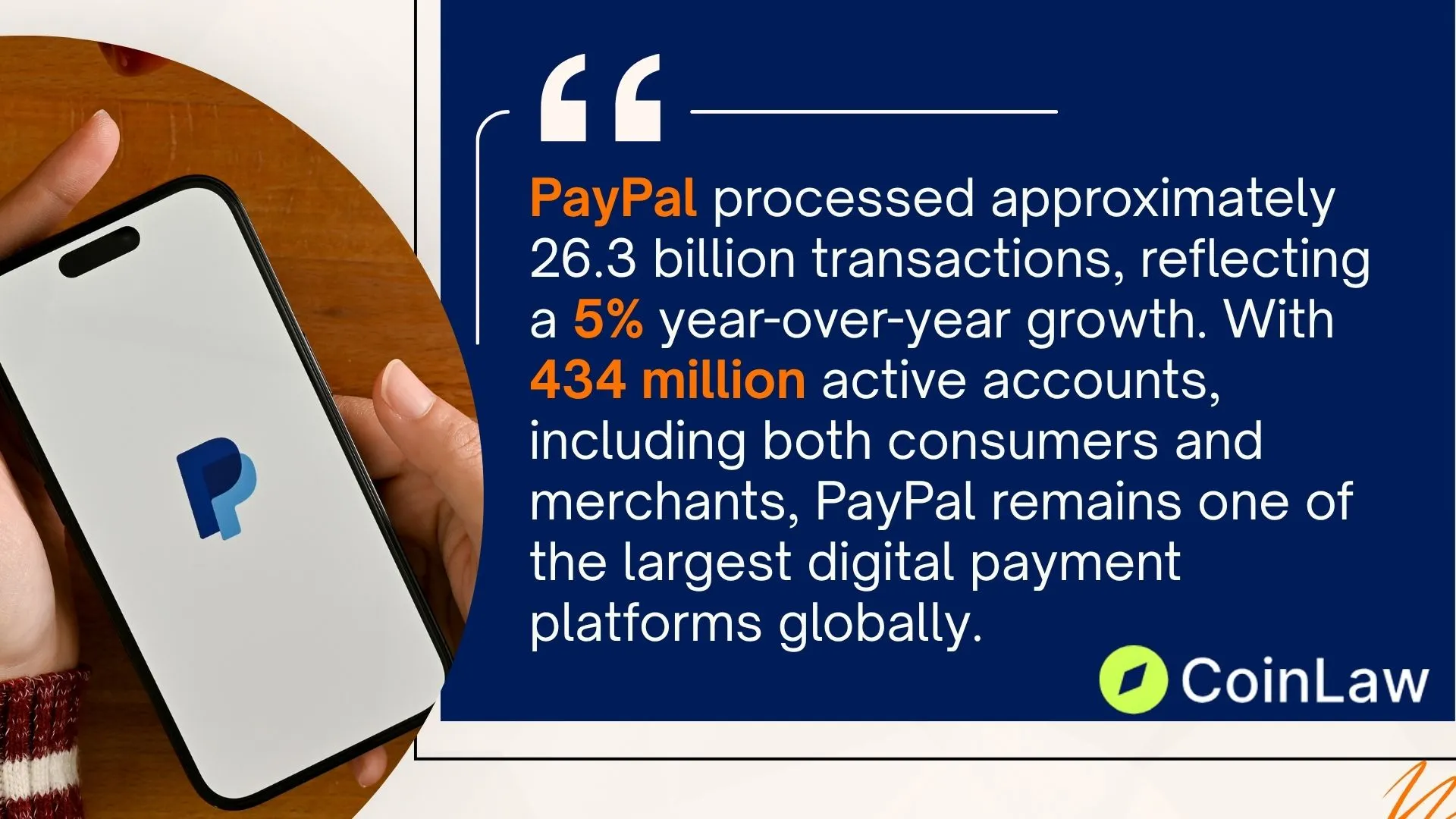
From PayPal login to completing a transaction, every step is optimized for user convenience and data protection. If you're wondering how does PayPal works, the platform acts as a middle layer between your bank and the merchant, shielding sensitive data while facilitating instant digital transactions.
And with the rise of mobile transactions and API-based integrations, PayPal continues to evolve competing with top fintech companies and staying at the forefront of fintech industry innovation.
The Importance of Security in Digital Wallets
Payment credentials, transaction history, and personal data are among the sensitive user information stored in digital wallets. As these tools become more widespread, the risks connected with their use increase. Moreover security concerns impact consumer trust, they can also influence PayPal stock performance and market confidence.
- Sensitive Data Protection: Digital wallets store payment methods, biometric data, and personal information, making them a great target for fraudsters.
- Trust and User Adoption: Strong security frameworks increase user confidence. Even the most advanced features will fail to acquire momentum if people lack trust.
- Growing Cyber Threats: Mobile virus, phishing, SIM swapping, and man-in-the-middle attacks have all been used against digital wallets.
- Regulatory Compliance: Security measures must adhere to data protection requirements such as GDPR, PCI DSS, and local cybersecurity rules.
- Real-Time Transactions: Digital wallets enable fast payments. Any breach can have direct financial consequences for users and businesses.
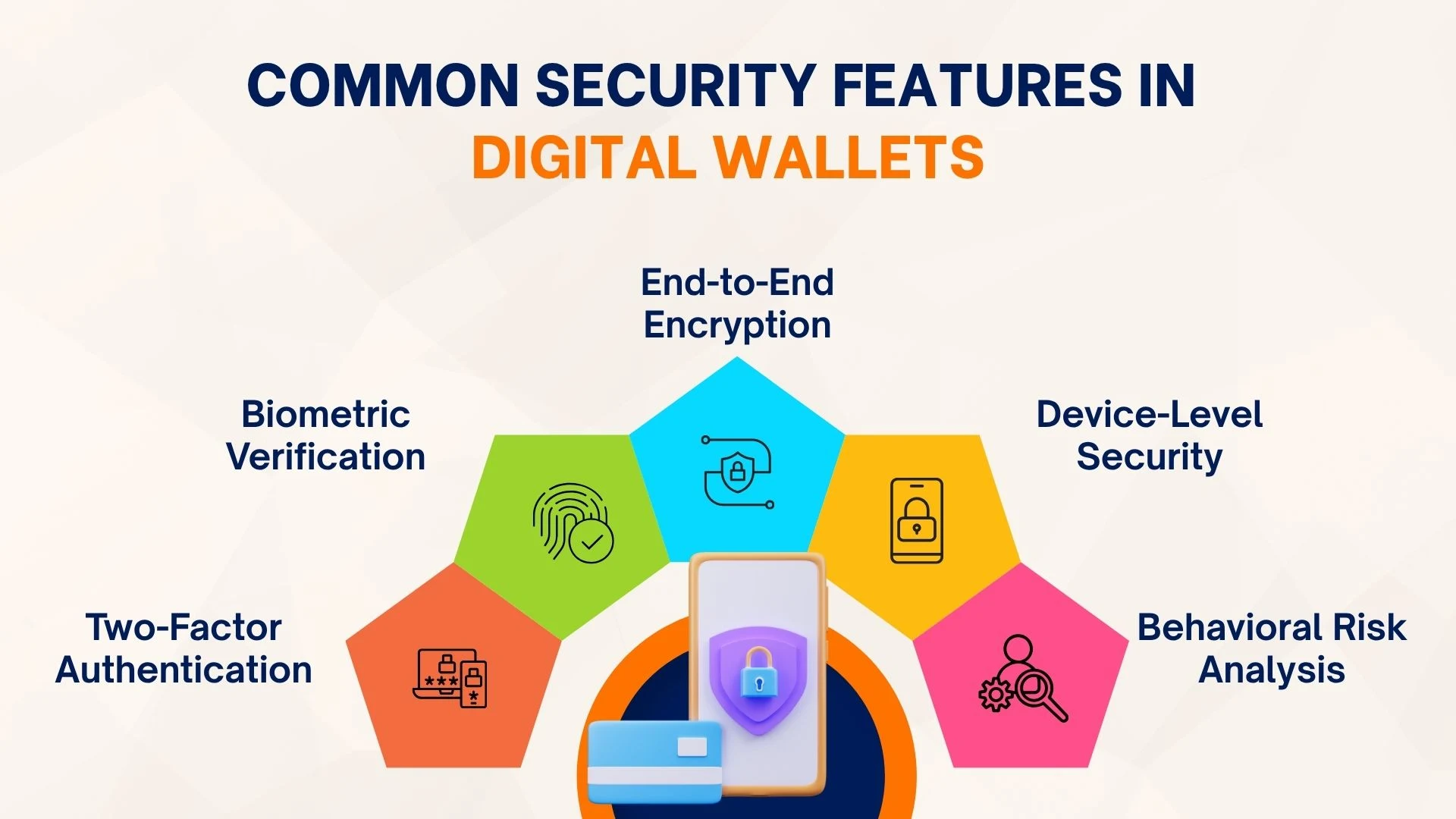
How PayPal Builds Security Into Its System
Millions of people throughout the world trust PayPal, and this trust is based on strong security measures. The platform's design has changed over time to keep up with the increasing number of cyberthreats, incorporating several security layers to protect user information, transactions, and access.
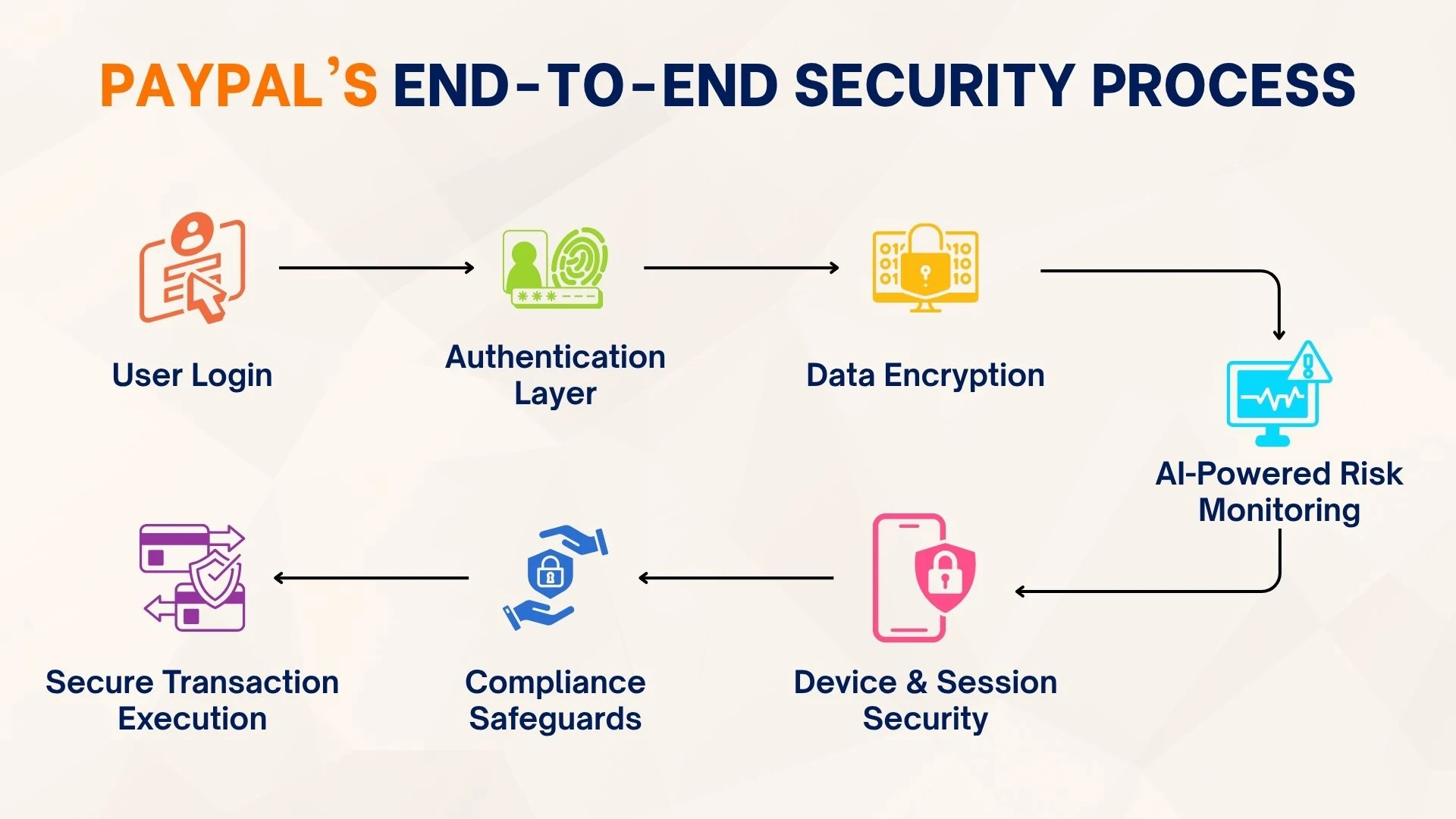
PayPal guarantees the security of your digital payments in the following ways:
- End-to-End Encryption: PayPal encrypts all of its transactions from the beginning. Industry-standard SSL and TLS protocols are used to encrypt data, making it unreadable by unauthorized parties, whether you're sending money or checking your balance.
- Real-Time Risk Monitoring: PayPal continuously examines transaction trends and user behavior. Before fraud can happen, its AI-powered risk engines immediately detect any suspicious activity, such as odd login attempts or unexpected transaction amounts.
- Identity Verification & Authentication: PayPal needs users to go through rigorous identity verification in order to prevent fraudulent access. Additionally, it allows biometric login (such as Face ID or Touch ID) and two-factor authentication (2FA).
- Device and Session Protection: PayPal tracks session activities and gives each login a unique device ID. PayPal requests reauthentication or terminates the session if there are irregularities in the session or if the login is made from an unidentified device.
- Global Compliance Standards: PayPal conforms with international laws including the GDPR and PCI DSS (Payment Card Industry Data Security Standard). These guidelines guarantee that client data is handled with the utmost care and in accordance with the law.
Key Security Testing Methods at PayPal
PayPal uses a variety of software testing techniques to guarantee the utmost level of safety and confidence. These techniques are intended to safeguard user data, detect vulnerabilities early, and fend off a dynamic threat environment. By integrating cloud-based test automation services, PayPal ensures scalable, continuous security testing across APIs, mobile apps, and backend services. This is how PayPal makes sure its systems are safe and dependable.
Static Application Security Testing (SAST) Vs Dynamic Application Security Testing (DAST)
The two main strategies that PayPal uses to maintain safe software throughout the development lifecycle are SAST and DAST. Although they both seek to identify weaknesses, they do so in different phases and with different approaches. In addition to specific testing methods like SAST and DAST, PayPal conducts broader security vulnerability testing to catch edge-case threats.
- Analyzes code early in the development process, without executing the application.
- Works like proofreading a document before printing.
- Identifies hidden flaws, unsafe coding patterns, and logic errors before they reach production.
- Examines the application while it’s running.
- Simulates real-world attacks to find vulnerabilities in deployed environments.
- Similar to stress-testing a bridge after it’s built.
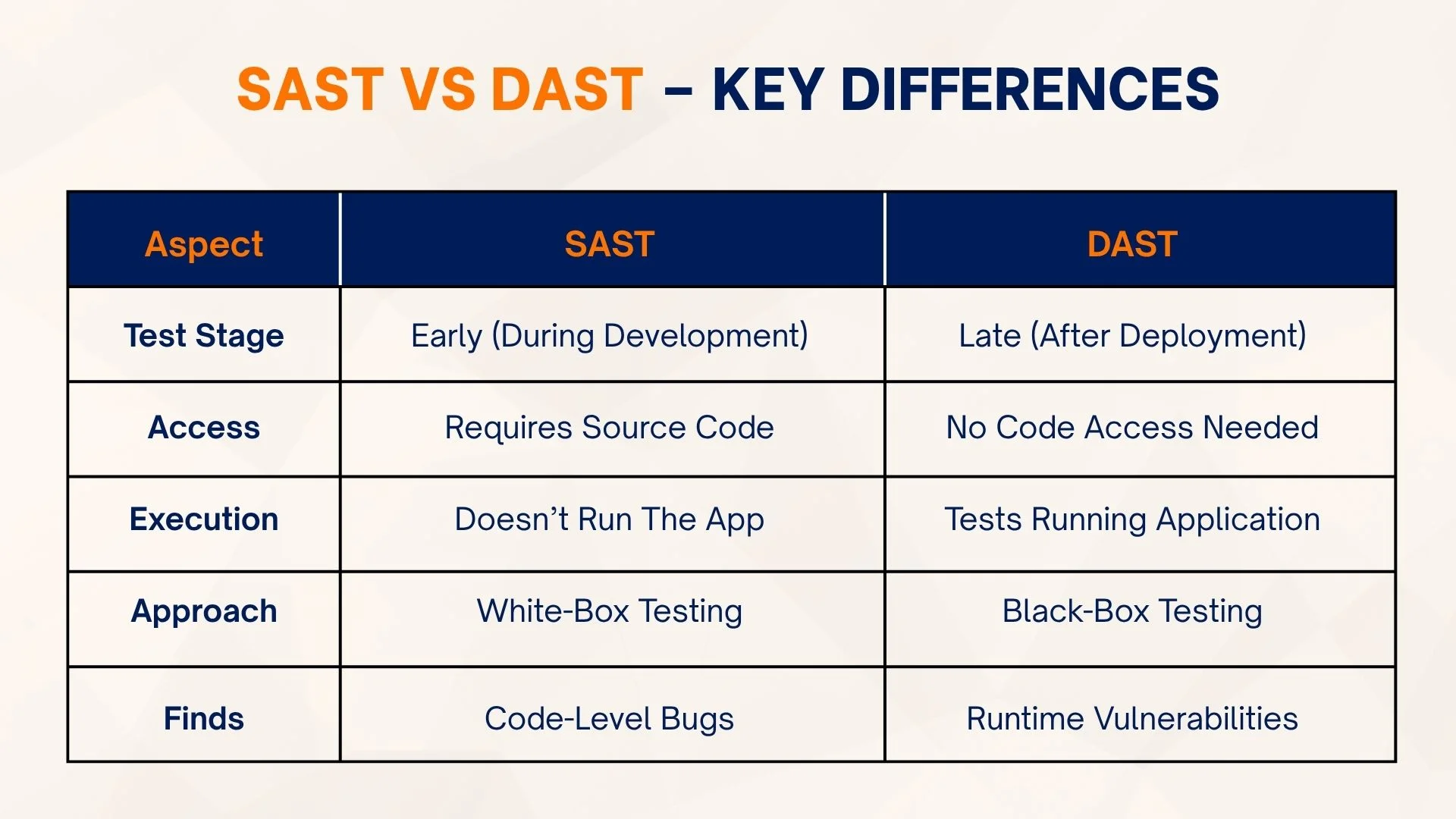
API Security Testing
PayPal's ecosystem relies heavily on APIs to provide seamless transactions between users, applications, and partners. Securing APIs is of utmost importance since they frequently reveal sensitive actions, such as payments and account data. PayPal uses a variety of api security testing tools to make sure APIs are resistant to both common and sophisticated attacks.
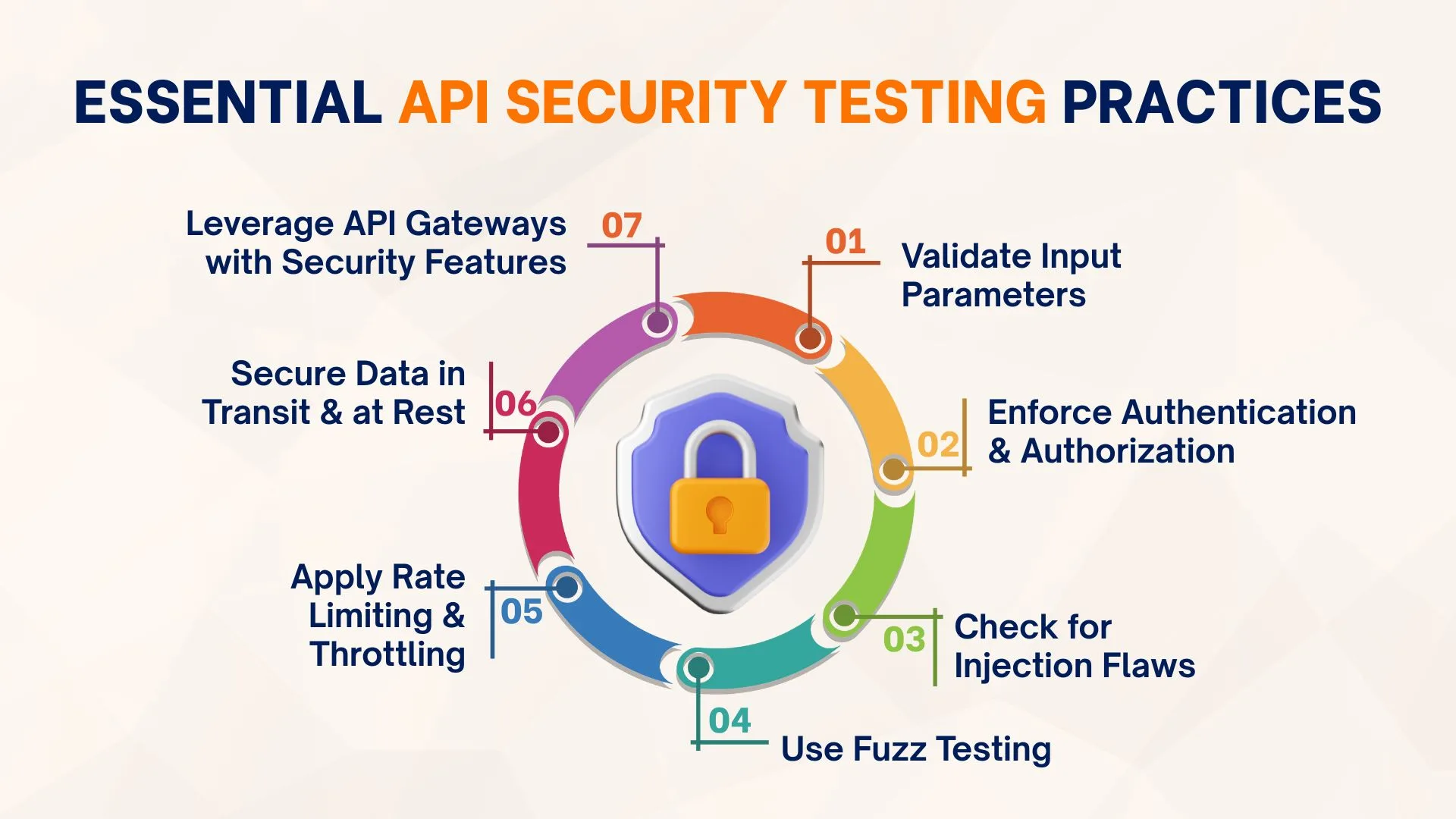
- Authentication & Authorization Checks: Verifies that only authenticated users and permitted systems can access specific APIs. Techniques like OAuth 2.0 and API keys are tested for proper implementation and scope enforcement.
- Input Validation: Ensures that all incoming data is clean, well-formed, and expected to protect against injection attacks such as SQL, XML, or command injections.
- Rate Limiting & Throttling: Simulates high traffic and abuse scenarios to ensure that APIs enforce proper limits. This prevents denial-of-service (DoS) and brute-force attacks.
- Encryption in Transit: Confirms that all API communications are securely encrypted using HTTPS and TLS, safeguarding data from eavesdropping or tampering during transmission.
- Vulnerability Scanning: Scans APIs using automated tools and custom scripts to identify known issues like misconfigured headers, outdated libraries, or exposed endpoints.
- Security Regression Testing: Ensures previously identified and fixed vulnerabilities are not reintroduced after updates or changes. Regression suites are run after every release cycle.
Mobile App Security Testing
With the increasing use of digital wallets like Apple Wallet, Google Wallet, Samsung Wallet, and apps such as Cash App, ensuring secure payments is more critical than ever. PayPal emphasizes rigorous mobile app security testing to defend against unauthorized access, identity theft, and credit card fraud.
Below are the key practices PayPal follows:
- Static and Dynamic Code Analysis
Scans app code for vulnerabilities that could lead to data breaches or sensitive payment exposure. - Reverse Engineering Protection
Implements obfuscation and encryption to prevent attackers from analyzing app code and triggering fraudulent activity. - Runtime Application Self-Protection (RASP)
Detects unusual behavior (like card cloning or card not present fraud) during runtime and blocks malicious actions. - Biometric Authentication Testing
Verifies behavioral biometrics like fingerprint and facial recognition to ensure strong security features. - Device and OS Compatibility Checks
Ensures apps remain secure across different mobile platforms and versions (Android, iOS). - Secure API Integration
Tests that APIs connecting mobile apps with backend services are protected from attacks and maintain risk management protocols. - Encryption and Data Storage Testing
Validates end-to-end encryption of payment information and prevents local storage of sensitive payment data. - Integration with “Find My” and Alerts
Supports features like Find My, transaction alerts, and fraud alerts to help users detect and respond to threats quickly.
How PayPal Detects and Responds to Threats in Real Time
PayPal leverages a robust, AI-powered security infrastructure to detect and respond to threats the moment they occur. With millions of transactions flowing daily through digital wallets, credit cards, and bank accounts, PayPal uses intelligent application security testing tools to detect and respond to threats instantly, ensuring safe and secure payments for users across the globe. To maintain rapid detection and resolution, PayPal leverages AI-driven test automation services that continuously scan for anomalies and emerging threats.
⚠️ Situation 1: Sudden High-Value Transfer from an Unknown Device
Scenario: A Google Wallet user who typically makes small purchases suddenly sees a $4,000 transfer attempt from a new device located in Eastern Europe.
Detection:
- PayPal's system immediately detects a geo-location mismatch and unusual behavior.
- The request comes from a device that’s never been associated with the account.
Response:
- The transaction is blocked automatically.
- A fraud alert is sent to the user.
- The system requests re-authentication through a trusted method like Find My or an OTP.
- PayPal also tags the event for internal risk management and links it with known patterns of card not present fraud.
🕵️♀️ Situation 2: Card Testing Attempt Using a Stolen Virtual Card
Scenario: Fraudsters test a stolen virtual credit card by making multiple small transactions (e.g., $1) to check if it works.
Detection:
- PayPal's fraud engine recognizes a suspicious pattern of low-value repeated transactions on a newly added card.
- These transactions are linked to known card testing tactics.
Response:
- The card is flagged and temporarily disabled.
- PayPal initiates a dispute process in line with the Electronic Funds Transfer Act.
- The system notifies both the user and the Consumer Financial Protection Bureau, if necessary.
- If linked with a Cash App or other digital wallet, additional restrictions are placed.
🔒 Situation 3: Account Takeover with Changed Email and Password
Scenario: A user’s PayPal account is compromised, and the attacker changes the email and password trying to steal money linked to a paypal credit card.
Detection:
- The system logs multiple failed login attempts and location shifts before the takeover.
- It also spots a sudden removal of transaction alerts and email changes all flagged as part of account takeover patterns.
Response:
- PayPal freezes the account and blocks all outgoing payments.
- Sends push notifications via Google Wallet, Apple Wallet, and email to the original user.
- Starts internal fraud investigation using Risk & Operations to determine how access was obtained.
- Offers paypal support for refund and guides the user to enable robust security measures like 2FA or biometric verification.
How PayPal Uses Ethical Hackers to Find Security Issues
To stay ahead of cybercriminals, PayPal partners with ethical hackers also known as white-hat hackers who help uncover security flaws before they can be exploited. This proactive strategy strengthens the platform’s defenses across digital wallets, payment systems, and user data protection.
1. Launching a Bug Bounty Program
PayPal partners with ethical hackers worldwide through platforms like HackerOne to report vulnerabilities in exchange for rewards. These experts are given legal permission to test PayPal’s systems under controlled conditions.
2. Simulating Real-World Threats
Ethical hackers attempt to exploit potential weaknesses across PayPal’s infrastructure, including Digital wallets like Google Pay, Apple Wallet, Samsung Wallet, User authentication flows, Payment information processing, Backend APIs.
3. Identifying Critical Risks
They search for serious flaws such as Unauthorized access points, Data breaches vulnerabilities, Paths leading to credit card fraud, identity theft, or fraudulent activity.
4. Resolving and Patching the Flaws
PayPal promptly fixes the reported issues before they can be exploited by malicious actors on the dark web. Fixes are deployed across systems to secure user accounts.
5. Enhancing Security Features
Insights from ethical hackers are used to Improve security features, Detect credit card detection or card cloning attempts, Strengthen fraud detection and transaction alerts, Prevent threats across apps like Cash App or automated savings platforms
6. Rewarding the Ethical Hackers
Hackers receive compensation for valid vulnerabilities, which encourages continuous testing and collaboration to protect users in the financial services ecosystem.
📝 Final Thoughts
In the fintech industry, user trust hinges on strong security and PayPal continues to lead by example. From integrating robust security measures into its core systems to conducting continuous security testing using methods like static application security testing (SAST), dynamic application security testing (DAST), and API security testing, PayPal ensures that vulnerabilities are addressed before they can be exploited. These techniques are essential for both web application security testing and mobile application security testing, keeping the PayPal app and digital transactions secure.
Through real-time threat detection, fraud alerts, and rapid response mechanisms, PayPal protects user data and credit card information against unauthorized access and fraudulent activity. Moreover, its collaboration with ethical hackers and use of software security testing tools for web applications shows its proactive approach to uncovering hidden weaknesses.
In a space where fintech solutions must meet growing demands for safety and speed, PayPal’s investment in application security testing services and QA testing services for enterprises backed by a reliable PayPal customer service network demonstrates its ongoing commitment to keeping your digital wallet safe while enabling secure, seamless financial experiences worldwide.
FAQs
1. What role do third-party security audits play in PayPal’s testing strategy?
Third-party security audits provide independent validation of PayPal’s systems, helping identify hidden vulnerabilities and ensure compliance with global security standards.
2. How frequently does PayPal update its security systems?
PayPal regularly updates its security infrastructure through automated patches, real-time threat intelligence, and continuous testing cycles.
3. Can I link multiple credit cards to my PayPal account securely?
Yes, PayPal allows users to link multiple cards, and each transaction is protected through tokenization and encrypted processing.
4. How does PayPal adapt its security for global fintech regulations?
PayPal continuously evolves its compliance framework to meet diverse international standards from GDPR in Europe to PCI DSS worldwide.
5. How does PayPal’s security posture impact its business and stock performance?
Robust security boosts user trust, reduces risk exposure, and helps maintain PayPal’s position as a leading fintech brand, influencing positive market confidence.



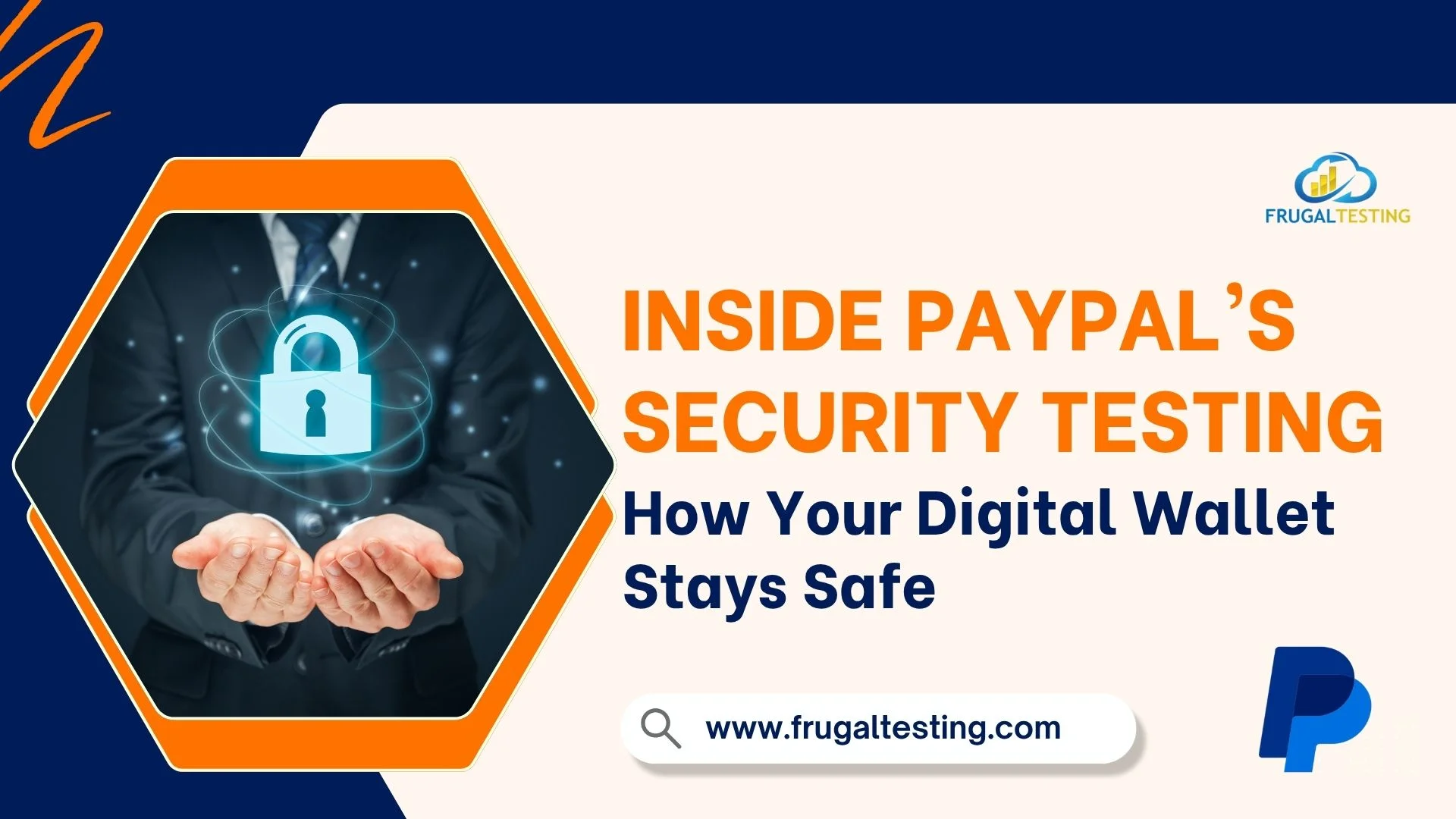
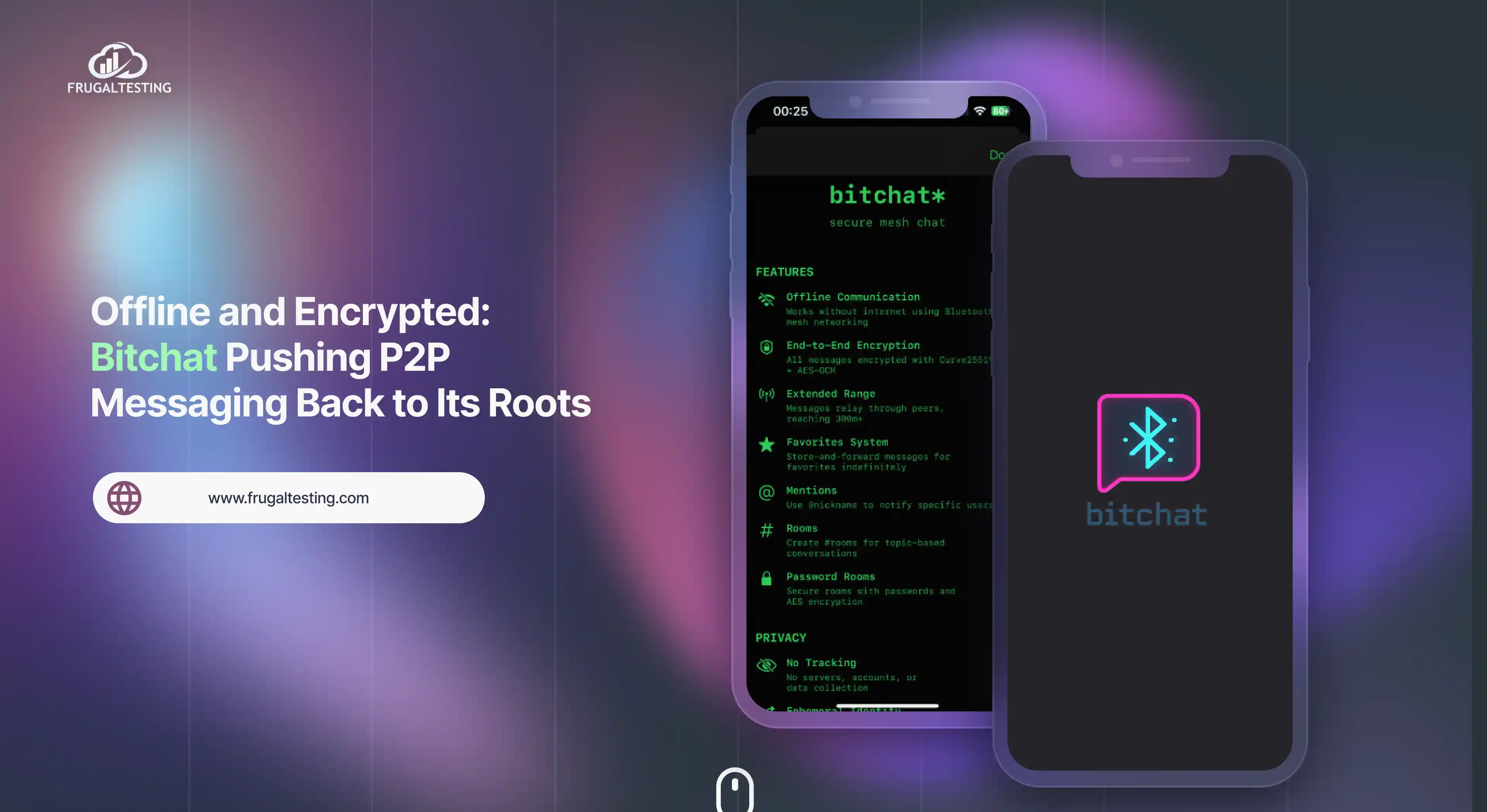
%201.webp)

